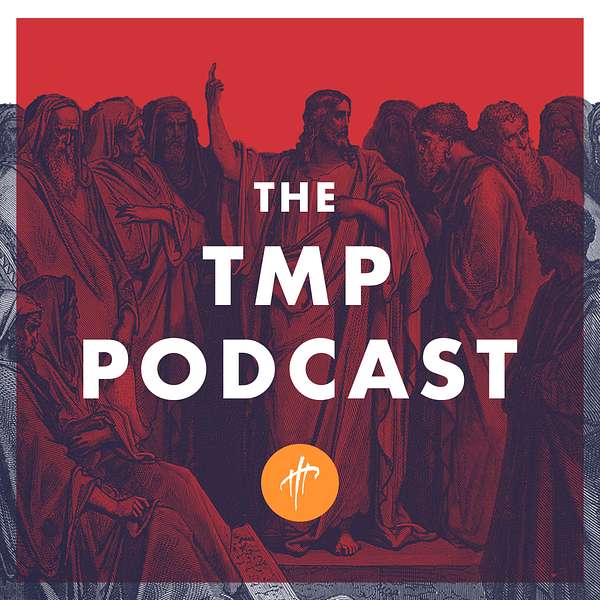
The TMP Podcast
The TMP Podcast
Exile Ethics | Paul Walker | Exiles
Use Left/Right to seek, Home/End to jump to start or end. Hold shift to jump forward or backward.
Peter uses some curious terms in the opening words of his first letter. He calls the churches in the eastern provinces “exiles” who are “scattered” throughout the eastern provinces of the Roman Empire. This is a curious word choice because there is no historical evidence of an exile among these people. This is not a mistake by the Apostle Peter. The reason Peter uses the terms exile (parepidēmos ) and scattered (diaspora) rhetorically to emphasize how his readers are socially disconnected from the dominant culture. How did this exodus happen? Peter points us to the grand story of what the Triune God has done for us that culminates in Jesus our living hope (1:3). When we follow Jesus we are sanctified (1:2), forgiven (1:2) , given new birth (1:3), receive an imperishable inheritance (1:4) — all as we await the salvation that is revealed in the last days (1:5). When we follow Jesus we have a different way of existing in the world. We are exiles— and this changes how we relate to the world around us.
Cultural Context:
In 2022 there exists among various Christian groups different understandings of what it means to engage our world and culture. There is the nationalistic approach of trying to get a country to become a Christian nation. There is also the relativistic approach of conceding to the identity of the culture around us. Finally there is the escapist approach of trying to establish a Christian community that barriers itself off from the world. 1 Peter does not subscribe to any of these options. Rather, Peter borrows from the language of “exile” to formulate a way of being in the world but not of the world. This resonates with our current cultural climate in the global church. We are entering a post-Christendom age in which Christianity is distanced from state and cultural power, and where Christians are now in exile in a strange land. Some may lament this change as a loss and tragedy, but what if the church does her best work from the margins as the salt and light of the world? What if in these rapidly changing and complex times we discover the sort of faithfulness that was present in the early church?